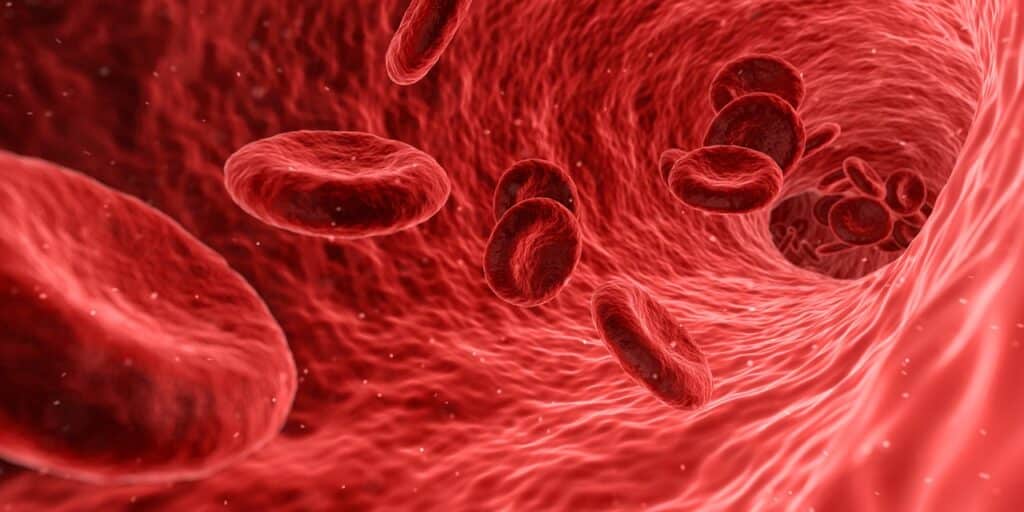Summer is just around the corner, and with it comes expectations to have that summer “bod” ready. The heat that accompanies summer can start to influence symptoms of vein disease such as varicose veins by having you experience chronic vein insufficiency symptoms. Venous insufficiency is when your veins are not regulating the flow of blood as they should, with the results having the blood not flow properly back up from arms and legs. Here are the early signs of venous insufficiency that you need to watch out for.
Swelling in Your Legs
One of the earliest signs of venous insufficiency is swelling on and around your legs, especially if you have not experienced it before. While swelling can be a sign of various conditions, it is one of the primary symptoms of venous insufficiency. When your veins start having difficulty regulating your blood flow, it may become stagnant and rest in your legs instead of being redirected back to the body. If you start to notice this symptom, lay down and raise your legs above your heart to assist with the blood flow.
Bulging Veins
Another one of the common chronic venous insufficiency symptoms is bulging veins that are often found on the legs. Bulging veins can appear along with swelling due to the blood not flowing back to the heart. As the blood pools in the vein, it will give them a bulging appearance similar to spider veins. Bulging veins are a common symptom of varicose veins and should be observed by your physician. Similar to swelling, you can help the blood in your legs flow back to the body by laying down and lifting your legs above the heart.
Fatigue and Weariness
Increased fatigue is common for individuals who have blood remain in the legs instead of flowing back to the body. As it gets hotter outside, the increased flow of blood in your body can make your legs feel even heavier. Make sure to rest when you begin to feel this way and raise your legs.
Aching
As your body begins to feel more fatigued from the increased amount of blood in your legs, you may also begin to feel aching around these areas. Your veins will be under increased pressure from the backed-up blood and start to cramp or ache. This pain can be mild or intense and should be evaluated by a medical professional immediately.
Seeking Help for Chronic Vein Insufficiency Symptoms
If you are experiencing any of these chronic vein insufficiency symptoms, you should contact the offices of The Laser Vein Center for assistance. Dr. Wright and his team of highly trained professionals understand the risks associated with venous insufficiency and are able to help you find relief. Call for your consultation today.

